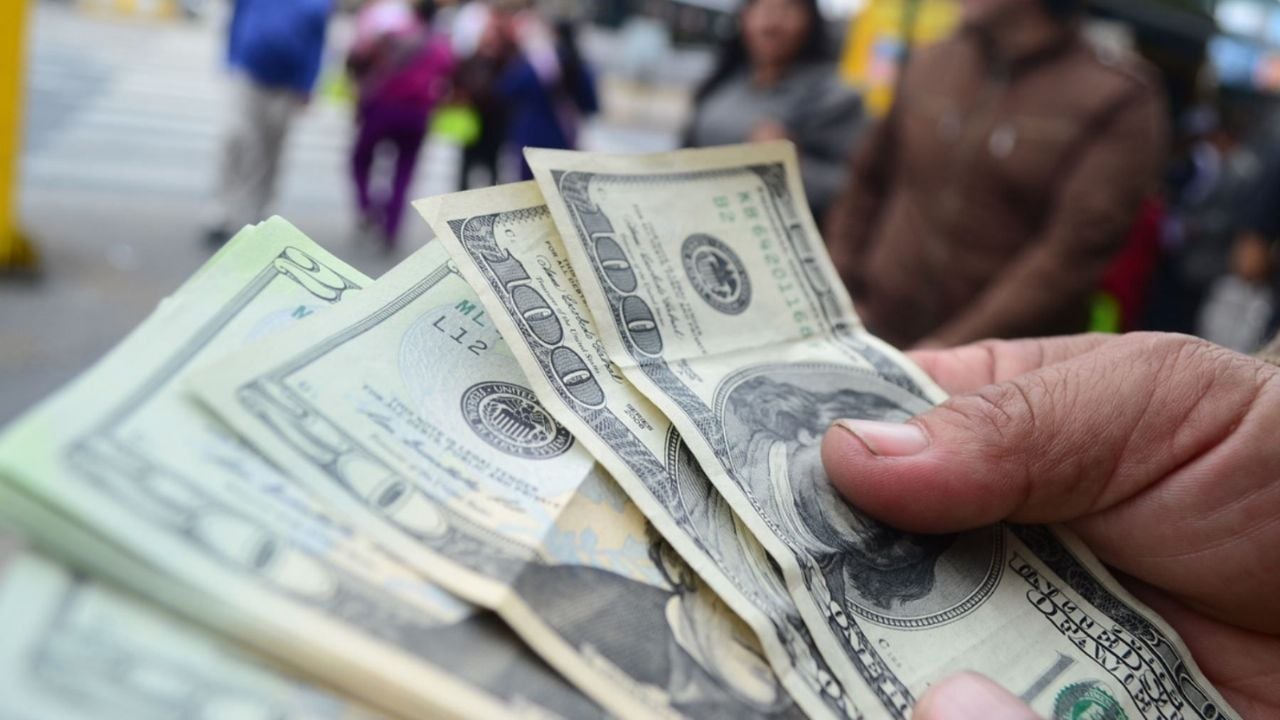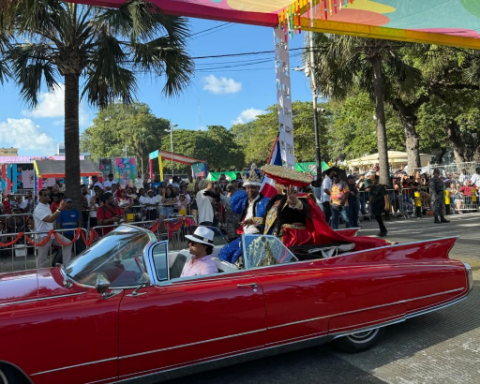The quote of the dollar In Argentina, the dollar has recently experienced significant fluctuations both in the official market and in the parallel market, known as the blue dollar. These movements reflect economic tensions and market expectations in a context of political and economic uncertainty.
He dollar The official exchange rate, which is the exchange rate controlled by the Central Bank of the Argentine Republic (BCRA), was quoted at $954.50 for sale and $914.50 for purchase. This exchange rate is used mainly for official commercial and financial transactions, and its value is determined by the government’s monetary policies.
He dollar The official rate has seen a gradual increase in recent months, driven by inflation and the government’s need to maintain a competitive exchange rate for exports.
However, this increase has also raised concerns about the government’s ability to control inflation and maintain economic stability. On the other hand, the dollar blue, which is the exchange rate in the parallel market, was quoted at $1,375 for sale and $1,345 for purchase.

Fountain: Dollar Today.
This exchange rate is used primarily by individuals and businesses seeking to avoid government-imposed currency restrictions. The gap between the dollar official and the blue dollar stood at 40.7%, reflecting the market’s lack of confidence in the government’s ability to maintain economic stability.
He dollar The blue dollar has historically been more volatile than the official dollar, as its value is determined by supply and demand on the black market. This volatility has been exacerbated by the government’s restrictive exchange rate policies, which have led many to seek alternatives on the parallel market.

Factors
This Thursday, August 8, 2024, the dollar The blue dollar is quoted at $1,365 for purchase and $1,385 for sale. Meanwhile, the official dollar is quoted at $915.50 for purchase and $955.50 for sale.Several factors have influenced the dollar exchange rate in Argentina.
These include inflation, government monetary policies, market confidence and economic expectations. Inflation in Argentina has been persistently high, leading to a depreciation of the peso and an increase in demand for dollars as a safe haven.


















